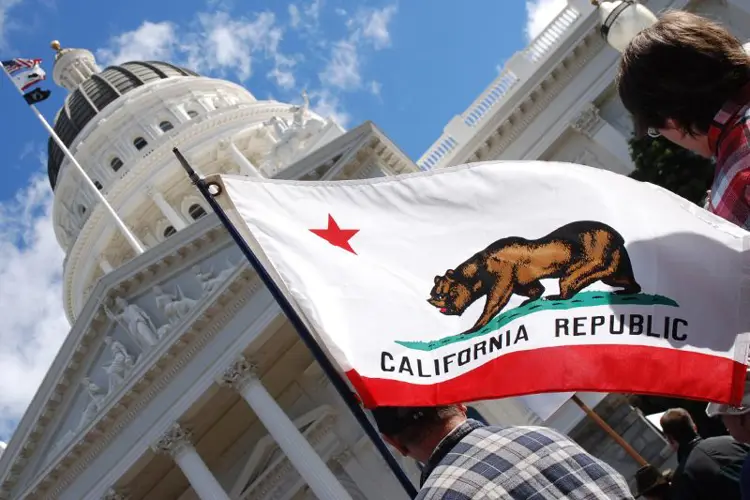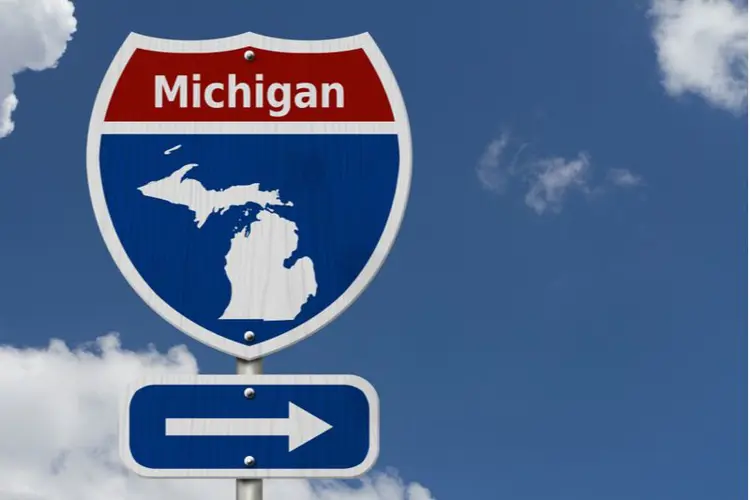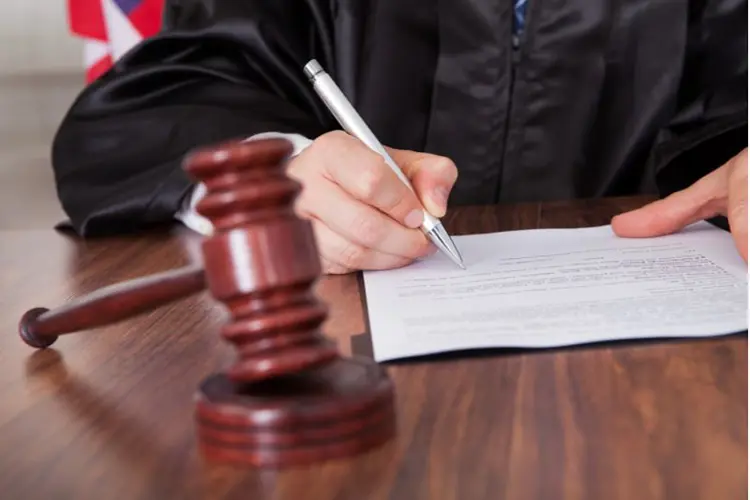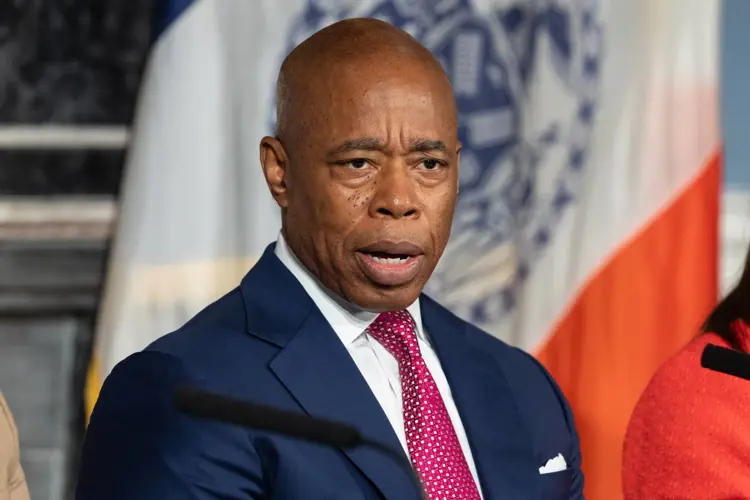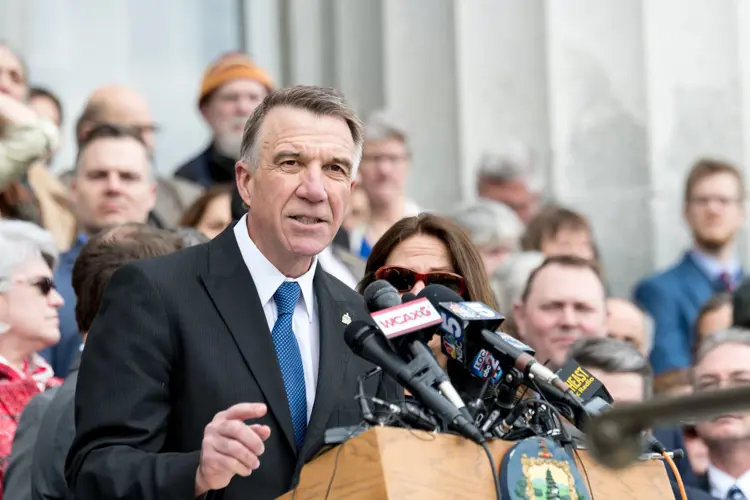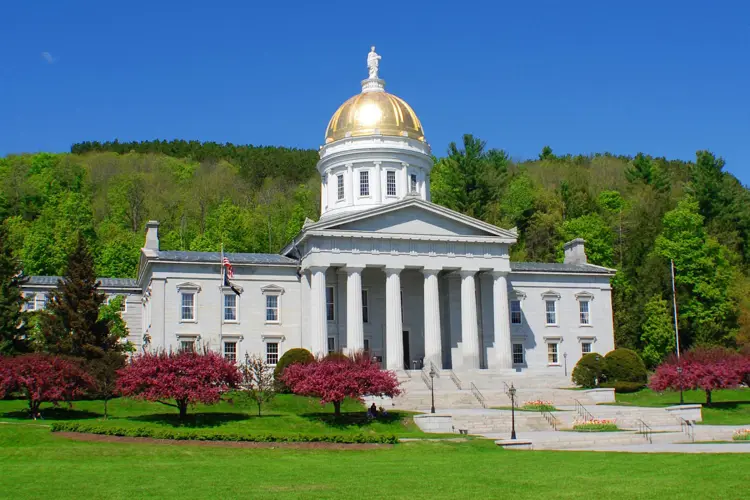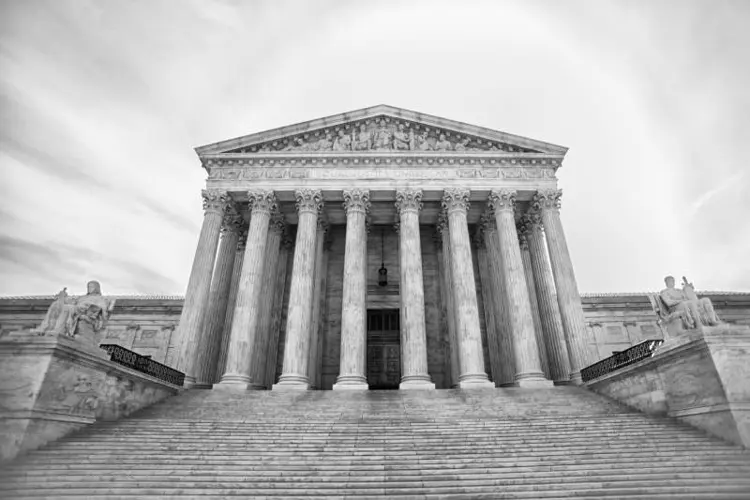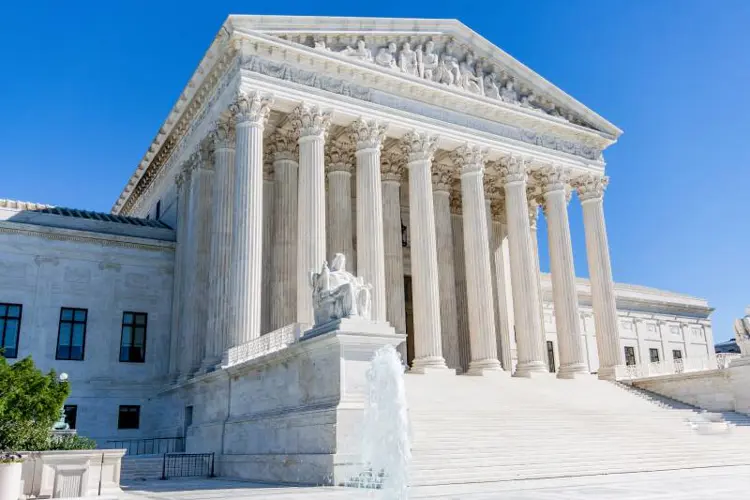The Massachusetts Senate passed a ban on all flavored vaping products (except tobacco) last night, making the state the first in the country to do so. The bill also imposes a tax on vapor products, and a limit on nicotine content. If signed into law, it will take effect next June.
The vote was 32-6. The bill has been sent to the governor for approval (see call to action below).
“Our hope is that this bill will be a model for the rest of the country,” said the bill’s sponsor, Sen. John Keenan. Certainly, tobacco control activists around the country will see the new law as a template for other states, and inspiration for anti-vaping colleagues around the country.
The widely publicized asset forfeiture component of the bill—which we reported on Monday—was removed by amendment, but that’s the only good news. The bill still includes these provisions:
- Bans all flavored vaping products except tobacco flavor, including flavors in separate packaging that could be used to create “flavor shots” and DIY e-juice (and including menthol cigarettes)
- Imposes a 75 percent wholesale tax on all e-liquid and vape devices
- Enacts a nicotine limit of 20 mg/mL on e-liquid
- Makes consumers liable for paying the tax for all products they possess without receipts that prove the tax has been paid
- Punishes possession of untaxed products with a fine up to $5,000 for the first offense, and $25,000 for further offenses
The bill does not prevent Massachusetts manufacturers from selling their products outside the state, including flavored products. It’s not known how many e-liquid producers in Massachusetts do substantial business out of state, but many will probably not survive.
Comically, the legislators voted down an amendment that would have forced the state to spend 10 percent of its annual Master Settlement Agreement payments on smoking cessation efforts. The 1998 agreement between 46 states and the tobacco companies was supposed to provide funding for cessation programs and medical costs created by cigarettes.
“After talking about how much they care about reducing tobacco-related disease and death,” wrote Boston University public health professor Dr. Michael Siegel, “the Senate adopted a Big Tobacco tactic and voted to continue the diversion of MSA funding away from tobacco prevention. Tonight was a great display of politics, but not of public health.”
Massachusetts is a relatively small state with several close neighbors, making it relatively easy for many vapers with transportation to circumvent the law. Prohibition laws encourage contempt for the law, rather than respect. The Massachusetts ban cannot be effectively enforced.
Smokers will likewise have access to menthol cigarettes in other states, and Massachusetts’ proximity to the already huge cigarette black markets in New York and New Jersey will ensure substantial organized crime activity. It is inevitable that marginalized smokers in minority communities will bear the brunt of police enforcement of the attempt at prohibition.
The senators were cheered on by tobacco control leaders like the Campaign for Tobacco-Free Kids and the American Cancer Society’s lobbying arm the Cancer Action Network. They received well wishes from billionaire former New York City mayor Michael Bloomberg, who recently dedicated $160 million to helping ban e-cig flavors.
Gov. Charlie Baker hasn’t said if he will sign the bill. CASAA has a call to action (link below), offering Massachusetts residents an opportunity to ask Baker not to sign it into law.
Baker is behind the state’s temporary ban of all vapor products, imposed in September. In October, a judge ordered the governor to follow proper procedures for imposing an emergency rule, including holding a public hearing to allow input by the public.
The state has scheduled that meeting for Friday, Nov. 22 (details are in the CASAA call to action below). It’s important for vapers and small business owners to attend the meeting, and to send written comments, for many reasons, but a big one is to show the governor and the state that vapers are not defeated, that we will keep coming back and fighting them until our human right to harm reduction is recognized.
The Freemax REXA PRO and REXA SMART are highly advanced pod vapes, offering seemingly endless features, beautiful touchscreens, and new DUOMAX pods.
The OXVA XLIM Pro 2 DNA is powered by a custom-made Evolv DNA chipset, offering a Replay function and dry hit protection. Read our review to find out more.
The SKE Bar is a 2 mL replaceable pod vape with a 500 mAh battery, a 1.2-ohm mesh coil, and 35 flavors to choose from in 2% nicotine.
Because of declining cigarette sales, state governments in the U.S. and countries around the world are looking to vapor products as a new source of tax revenue.
The legal age to buy e-cigarettes and other vaping products varies around the world. The United States recently changed the legal minimum sales age to 21.
A list of vaping product flavor bans and online sales bans in the United States, and sales and possession bans in other countries.







